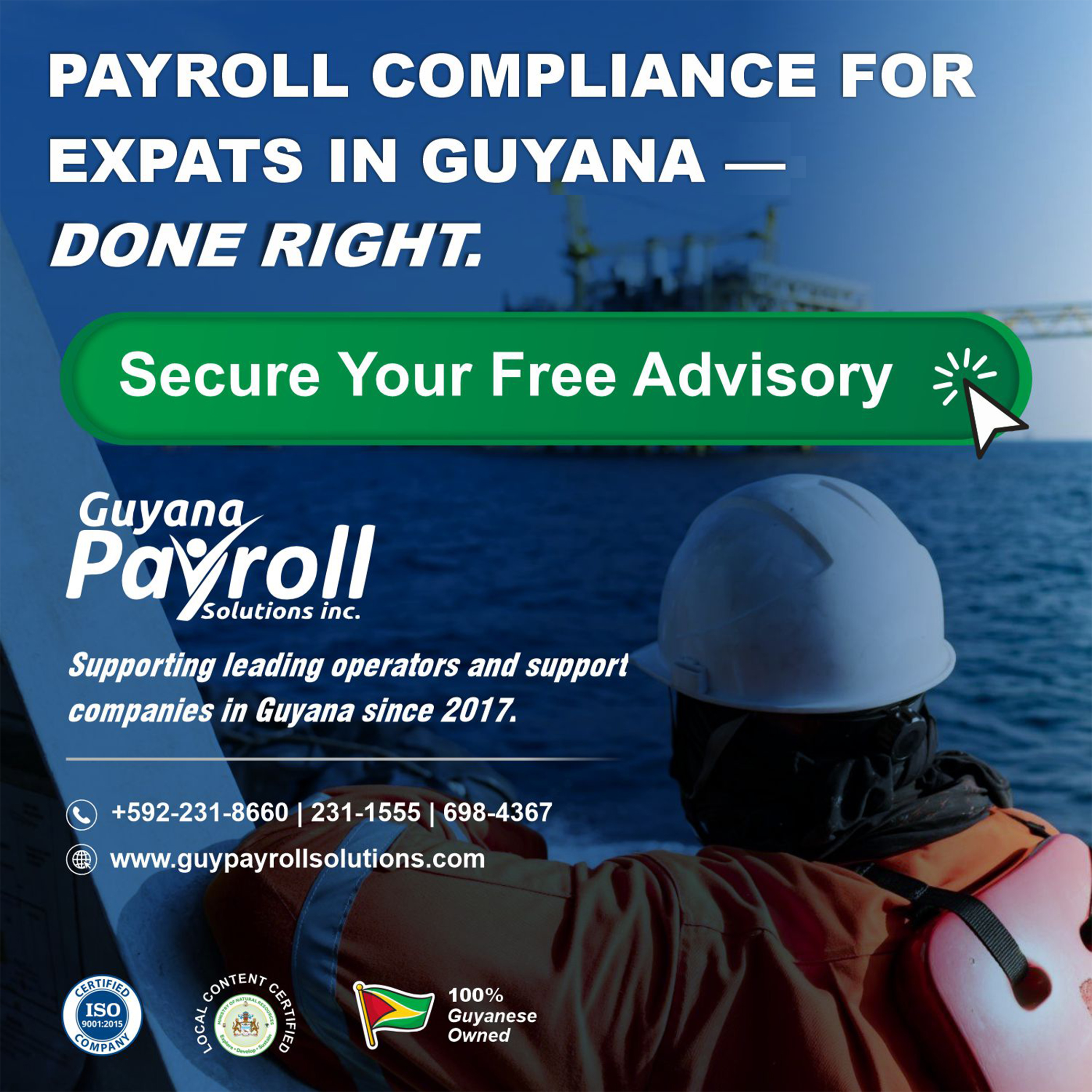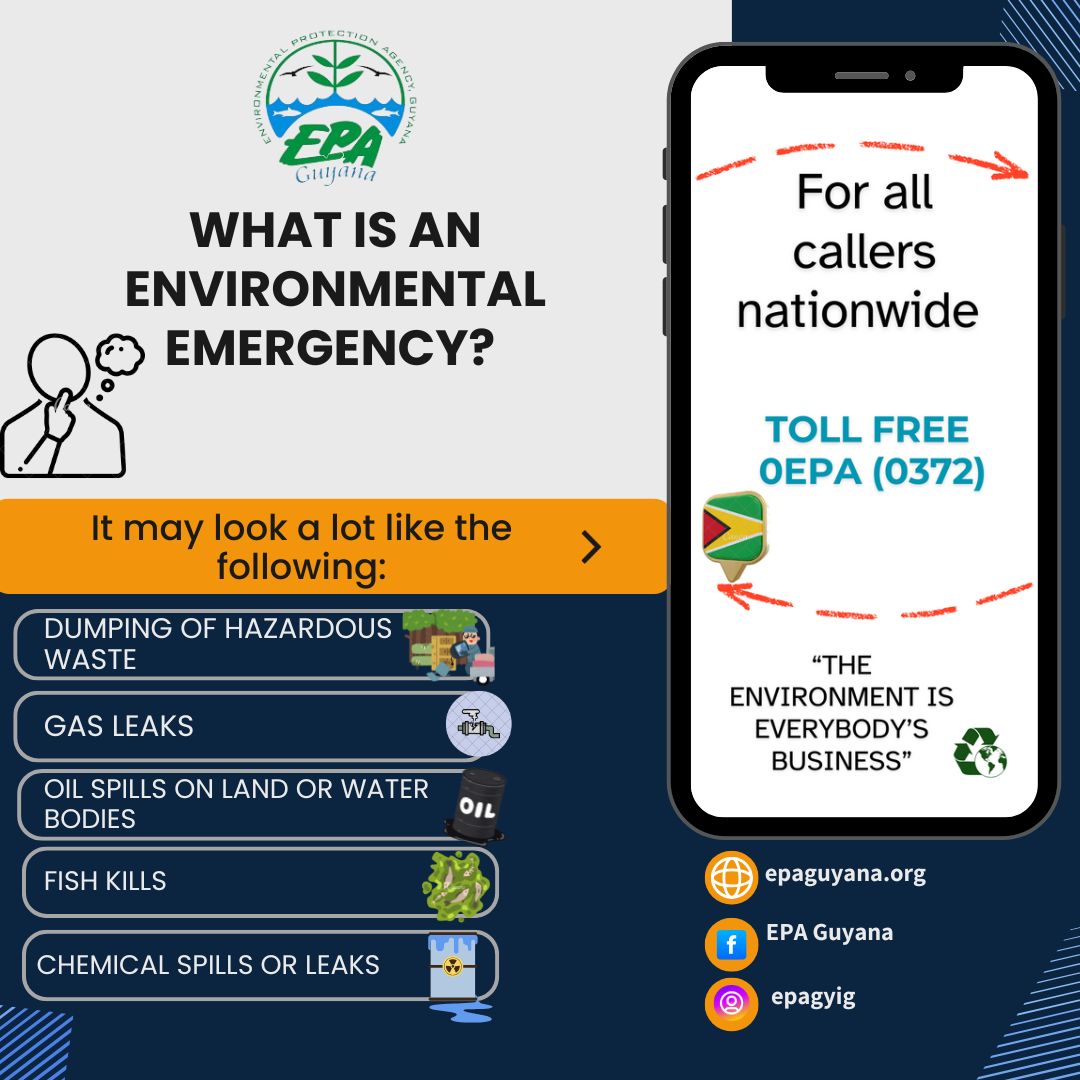By Clestine Juan
Guyana’s offshore services sector is preparing for a major 2026 employment wave, but the supply of certified local workers is lagging behind rising demand as projects ramp up. That assessment comes from former Director of the Local Content Secretariat (LCS), Dr. Martin Pertab, who discussed steps being taken to close the gaps.
Dr. Pertab said theSecretariat recently completed a comprehensive review of maritime jobs across drill ships, platform supply vessels, and the country’s expanding fleet of Floating Production Storage and Offloading vessels (FPSOs).
Dr. Pertab said the findings of the Secretariat’s review highlight gaps in training and certification that must be closed if Guyanese workers are to seize the opportunities ahead.
“We have met with all operators and companies in the maritime space to quantify the jobs we can tap into. The demand is there. The qualification and certification pathways need to move just as fast,” Dr. Pertab told Energy Magazine in an exclusive interview.
He explained that certification remains the decisive hurdle between interest and actual employment, particularly in safety-critical roles.
The Government of Guyana has already launched a maritime certification programme in partnership with the UK and Nations University, aiming to train and certify at least 2,000 local workers over the next five to seven years.
“Very soon we should see a partnership where that company provides certified maritime training that allows Guyanese to take advantage of opportunities on the vessels, the drill ships, even on the FPSOs,” he said.
Several local institutions are now offering courses, often in collaboration with the government, to fast-track the supply of qualified workers. Oil companies themselves have also stepped up and are funding scholarships and supporting training initiatives to ensure Guyanese workers can fill key roles offshore.
The Secretariat’s 2026 plan is anchored on three pillars—targeted certification, expanded apprenticeships, and broader geographic access to training.
“We intend to re-engage the apprenticeship programme and target somewhere around 100 students from technical and vocational training. We also want to engage institutes outside of Georgetown,” Dr. Pertab noted.
The intent, he added, is to funnel TVET graduates into specialised maritime tracks leading directly to sea-time and vessel assignments.
With about 65 percent of this year’s projected local spend already delivered by mid-2025, Dr. Pertab said the momentum now needs to shift into higher-value, certification-heavy domains.
Modern Port Act on the Horizon
The maritime skills push comes as Guyana prepares to overhaul its legislative framework for port operations.
President Dr. Irfaan Ali announced that government will soon table a modern Port Act, a reform package aimed at aligning Guyana’s ports with global standards and cementing its role as a regional logistics and energy hub.
“To support all of these efforts, we need to bring Guyana’s maritime framework in line with international standards. That is why we’re designing a modern Port Act,” President Ali told stakeholders at a Shipping Association event in July.
The new Act will also establish an independent port authority, tasked with ensuring professional and politically independent management of port operations. “The goal is to ensure that oversight, regulation and operations are managed professionally, independently and in the best interest of the country,” Ali said.
Currently, Guyana’s maritime sector is regulated by a patchwork of laws, the Shipping Act (1998), Maritime Zones Act (2010) and statutes addressing piracy, hijacking and trafficking overseen primarily by the Maritime Administration Department.
But with trade volumes surging on the back of upstream and downstream oil activity, the President made clear that the existing framework is no longer sufficient.
“This advancement is much needed at a time when Guyana’s trade volume… is placing increasing pressure on existing port infrastructure,” he warned.
Together, the drive for certified maritime talent and the forthcoming Port Act point to the same horizon—a Guyana that is competitive, reliable and “future-ready,” as Ali described it.








